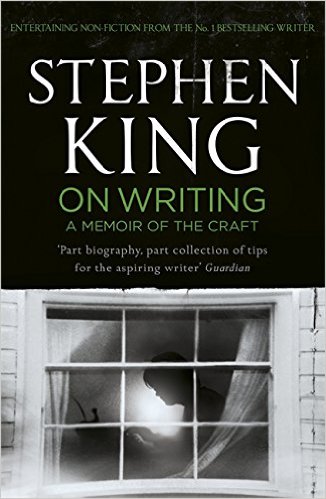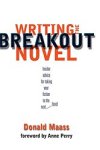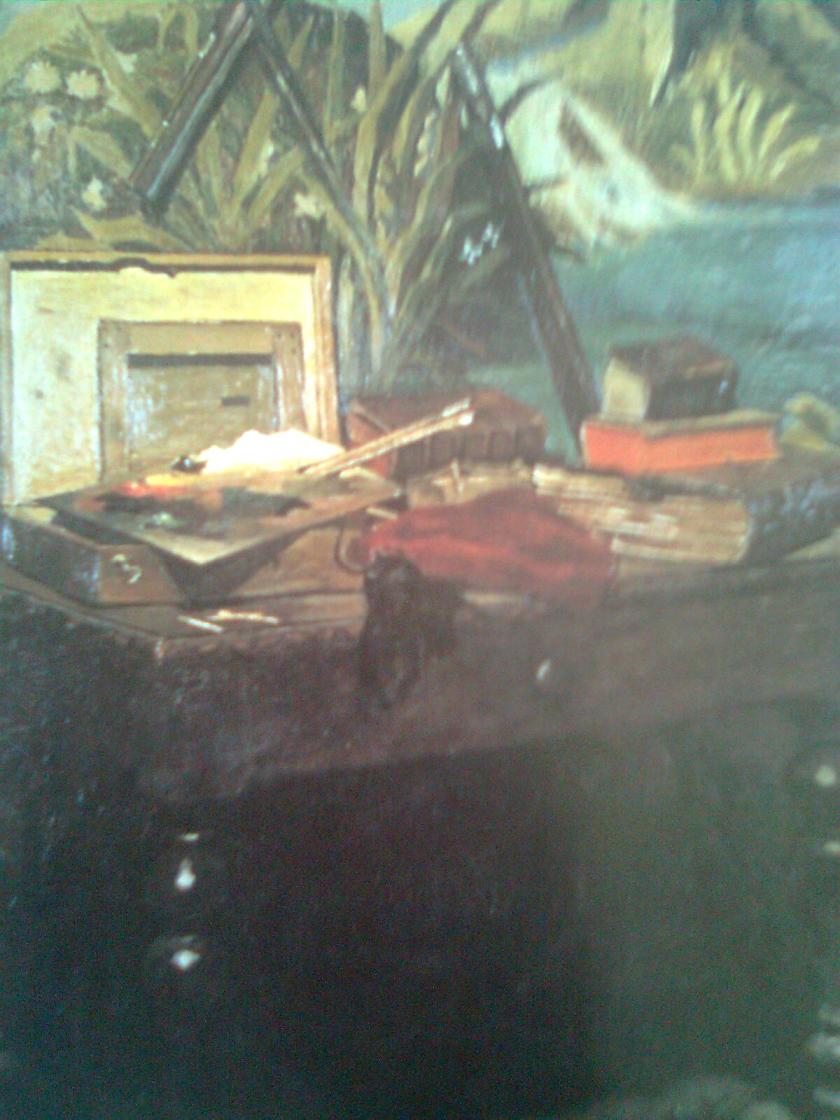REVIEWS FOR LITERARY WORLD REVIEWS

Title: The Fireman
Author: Joe Hill
ISBN13: 978-0062200648
ASIN: B016P01YCQ
Published: May 17th 2016
Pages: 768
Genre: Contemporary Fiction/ Science-Fiction/ Action-Adventure
Sorry for being a bit scarce on the posts, but we’ve had some health problems in the family and although hopefully things are better, I’m still trying to catch up with everything. But I’ve managed to do a bit of reading and I thought I’d try and share some of those with you all.
Today’s novel is by an author I’m keeping watch for. I’ve mentioned before that I love horror (although I don’t read it all that often these days) and I’m a big fan of Stephen King. Well, if you haven’t met him yet, let me introduce you to the latest book by one of his sons, Joe Hill.
First, the description:
From the award-winning, New York Times bestselling author of NOS4A2 and Heart-Shaped Boxcomes a chilling novel about a worldwide pandemic of spontaneous combustion that threatens to reduce civilization to ashes and a band of improbable heroes who battle to save it, led by one powerful and enigmatic man known as the Fireman.
The fireman is coming. Stay cool.
No one knows exactly when it began or where it originated. A terrifying new plague is spreading like wildfire across the country, striking cities one by one: Boston, Detroit, Seattle. The doctors call it Draco Incendia Trychophyton. To everyone else it’s Dragonscale, a highly contagious, deadly spore that marks its hosts with beautiful black and gold marks across their bodies—before causing them to burst into flames. Millions are infected; blazes erupt everywhere. There is no antidote. No one is safe.
Harper Grayson, a compassionate, dedicated nurse as pragmatic as Mary Poppins, treated hundreds of infected patients before her hospital burned to the ground. Now she’s discovered the telltale gold-flecked marks on her skin. When the outbreak first began, she and her husband, Jakob, had made a pact: they would take matters into their own hands if they became infected. To Jakob’s dismay, Harper wants to live—at least until the fetus she is carrying comes to term. At the hospital, she witnessed infected mothers give birth to healthy babies and believes hers will be fine too. . . if she can live long enough to deliver the child.
Convinced that his do-gooding wife has made him sick, Jakob becomes unhinged, and eventually abandons her as their placid New England community collapses in terror. The chaos gives rise to ruthless Cremation Squads—armed, self-appointed posses roaming the streets and woods to exterminate those who they believe carry the spore. But Harper isn’t as alone as she fears: a mysterious and compelling stranger she briefly met at the hospital, a man in a dirty yellow fire fighter’s jacket, carrying a hooked iron bar, straddles the abyss between insanity and death. Known as The Fireman, he strolls the ruins of New Hampshire, a madman afflicted with Dragonscale who has learned to control the fire within himself, using it as a shield to protect the hunted . . . and as a weapon to avenge the wronged.
In the desperate season to come, as the world burns out of control, Harper must learn the Fireman’s secrets before her life—and that of her unborn child—goes up in smoke.
Now, my review.
Thanks to Orion Publishing Group Gollancz and to Net Galley for providing me a free copy of this book in exchange for an unbiased review.
I have read three books by Joe Hill before, enjoyed them and I was excited when I saw his new novel on offer at Net Galley. In short, the book offers a post-apocalyptic vision of a world decimated by a fungus with a lyrical name, Draco incendia trychophyton (or Dragonscale for friends), that turns human beings into torches, and the adventures of a particular group of sufferers.
Joe Hill thanks both J. K. Rowling and his father, Stephen King, for the inspiration, and indeed that’s quite evident throughout the book, together with many references to a variety of pop-culture items: songs from musicals, songs from pop and rock groups (yes, there’s a fair amount of singing), hymns, foodstuffs, cars, TV cult series and books, many books. Those will, no doubt, enhance the reading experience of people in the know, although should not affect the understanding or enjoyment of the story for those who might not be fully conversant with all of them.
The story is told (mostly, apart from a few brief chapters) in third person from the point of view of Harper, a school nurse who volunteers to work in a hospital treating those affected when the school she worked at closes doors due to the spread of the infection and its terrible effects (the fungus makes people ignite, and with them, the things and beings around them. And it can set off a chain reaction of burners too). Unfortunately, she becomes infected and shortly after discovers that she’s pregnant. She also discovers that her perfect marriage to Jakob is anything but, and she ends up taking refuge at an old campsite where a group of affected individuals have discovered a way to control the illness. They welcome her into their congregation/community and although she finds it difficult to fit in at first, she becomes a member of the group, joining in the Bright (you need to read it to know what this means, but let’s say it’s a way of sharing and communicating that the younger generation refers to as social networking) and comes to love many of the residents. She also discovers things about herself she didn’t know, and of course, she meets the Fireman, John, and Englishman who seems to have learnt to control the Dragonscale much better than anybody else, and goes around driving an old fire truck and dressed in a fireman’s uniform. In a nod to Ray Bradbury, this Fireman controls fire and sets things alight, rather than putting fires out. He is a larger than life character, although we discover later in the books that he’s all too human.
As is the case in all crises, they seem to bring both the best and the worst in people, and if the point of view we follow puts readers in a sympathetic frame of mind towards Dragonscale sufferers, we gradually see that things are not black and white and not all is harmony. The congregation seems happy and a haven for people infected at first (indeed for a while it’s a case of those infected —at least the members of the group— appearing to be more humane and morally right than healthy individuals), but over time we discover that whilst the fungus seems to enjoy people’s connectedness and happy emotions, there are risks involved in channelling such power and following blindly what ends up looking scarily like a cult. There are thefts, accusations and resentments, and when two prisoners are rescued, terrible things happen and ugly behaviours rear their heads. There are many secrets, and although we might have our suspicions, by being inside of Harper’s head we only have access to her opinions and thoughts. She is curious and finds out some interesting first-hand information that helps us understand the illness (I loved some of the theories behind its spread, however fanciful they were), but she is also a human being with feelings and emotions. She doesn’t always make rational decisions and she is often wrong. And she wrongfoots us.
The characters are distinct and unique, the good, the bad, and the truly human. I liked and cared for Harper, who is a pretty special individual who comes into her own as the book advances and who indeed is one of the people who grow. She matures and becomes a hero. If her husband tells her he had expected her to be his inspiration, she finds a real family and a calling during her adventures. The Fireman is a fantastic character and I enjoyed the mystery around him at first, and also getting to know more of his circumstances. Many of the secondary characters are also memorable. Nick, the deaf boy who steals everybody’s heart; Allie, his sister, a totally believable teenager who deserves a book of her own; fantastic Renée with her love for books and her courage…
The books is beautifully written, the descriptions not overbearing but vivid and lyrical at times, the story moves along at good rhythm, with chapters that are more contemplative and share information (like the diary Harper reads), and others packed with intrigue, action and a healthy dose of fright. I thoroughly enjoyed it, although I did not find it truly scary (but that’s not necessarily a recommendation for general readers, as I love horror and don’t scare easy). With regards to its genre, I’ve read a few post-apocalyptic stories but I’m not a real buff. To give you some idea based on my previous reading, I’d say that Station Eleven by Emily St. John Mandel is more contemplative, challenging, philosophical, and made me think more. The Dead Lands by Dylan Morgan (that is more sci-fi) is scarier and grittier but more interested in action and weaponry.
I had a look at the reviews and comments about the book to see if I could shed light or at least my own opinion on the matter. I saw that many people compared it negatively to King’s The Stand, but although I love Stephen King’s books, I have not read all of them and that one has escaped me so far, so I can’t comment on that (although the reviews made me want to read it. The Fireman is much shorter, though). So if you’ve read The Stand and loved it you might want to read the comments first. Of course, you might want to make your own mind up.
Some others didn’t find Harper’s romantic relationship (I’m trying not to reveal any spoilers here) realistic and they think it seems very sudden and as if come out of nowhere. On that subject I agree that there does not seem to be a big build-up or many hints as to the interest between the two, but there are some subtle indications that they are matching souls, and it’s true that at times of emotional turmoil when life might come to an end at any minute one might hold on to the little moments of joy (that without taking into account the interesting effects of the Dragonscale). The novel would have worked without the relationship, but for me it rounds it up.
I enjoyed it as a great yarn, with strong characters easy to root for (and others easy to hate) and great quality writing. I’m not sure it will beat all other post-apocalyptic stories for those who love the genre, but it’s a good read. I look forward to Joe Hill’s next book.

I mention in the review that I’ve read three of his books. These was before I started publishing my own books and I didn’t write detailed reviews, although I wholeheartedly recommend Heart-Shaped Box and 20th Century Ghosts (if you love ghosts and short-stories, some of them are masterpieces). I also read Horns that is a very quirky book (I prefer the other two but this one is perhaps more mainstream. I haven’t watched the movie with Daniel Radcliffe and can’t comment on how good or bad it is).
Biography:
He’s written many more things and some of his stories appear in collections, so you might want to check his Amazon page where I got this from:
The author of the critically acclaimed Heart-Shaped Box and 20th Century Ghosts, Joe Hill is a two-time winner of the Bram Stoker Award, and a past recipient of the Ray Bradbury Fellowship. His stories have appeared in a variety of journals and Year’s Best collections. He calls New England home.
By the way, when I checked his Twitter account it seems he’s in England with the Fireman, so you might want to keep an eye open for him.
Ratings:
Realistic Characterization: 4/5
Made Me Think: 4/5
Overall enjoyment: 4.5/5
Readability: 4.5/5
Recommended: 4/5
Overall Rating: 4.5/5
Buy it at:
Format & Pricing:
Paperback: $12.39
Kindle: $12.22
Audiobook: $ 31.84
Hardcover: $15.94
Thanks to NetGalley, Orion and of course Joe Hill for the book, thanks to all of you for reading, and do like, share, comment and CLICK!
Olga Núñez Miret
@OlgaNM7















